What is Coeliac Disease?
Living with the diseasewithin a community of support
Discounts
What products will be on offer during Malta Gluten & Lactose Free Week
Where to shop
From where can you find offers during Malta Gluten & Lactose Free Week
Learn More
Learn more about coeliac disease and gluten & lactose intolerance.
Recipes
Find recipes to use during Malta Gluten & Lactose Free Week and after.
Living with the disease within a community of support
CAM: A beacon of support for those living with the disease!
CAM (Coeliac Association Malta) is a voluntary self-help and non-governmental organisation for people with coeliac disease or dermatitis herpetiformis. It was founded in 1989 by coeliacs themselves to promote the welfare of coeliacs in Malta.
Membership is open to those who have been medically diagnosed. The association offers help and advice, and provides useful information about the condition and the gluten free diet to newly diagnosed persons. It offers on-going support and advice to members and their families and provides dietary guidelines to help improve the quality of life of coeliacs.

Coeliac Association Malta contact details:
email: info@coeliacassociationmalta.org;
Facebook: Coeliac Association Malta;
website: www.coeliacassociationmalta.org;
Mobile/SMS/WhatsApp: 7981 5671
What Is Coeliac Disease?
What is coeliac disease?
Coeliac disease is a frequent and lifelong autoimmune condition, caused by an abnormal reaction to gluten – a protein found in wheat, barley and rye – grains that are common in the European diet.
Coeliac disease can occur at any age, including in babies when weaning once gluten has been introduced to their diet, in children and in adolescence. When a person with coeliac disease eats gluten, the immune system reacts by damaging the lining of the small intestine.
What is the treatment?
The only current treatment for coeliac disease is a strict, lifelong compliance to a gluten-free diet, which achieves remission of the symptoms and prevents further complications.
What are the symptoms?
The symptoms of coeliac disease:
- Can affect any area of the body, vary from person to person,
- Can range from very mild to severe; and
- Include diarrhoea, stomach pains and lethargy.
The reaction is not the same as an allergic reaction and does not cause anaphylactic shock and the symptoms may last from a few hours to a few days.
Is it coeliac disease?
There is a wide range of symptoms associated with coeliac disease; because of this, it can take some time before an accurate diagnosis is made.
In the past, people with coeliac disease were expected to be underweight; in reality, most people with the condition are a normal weight or even overweight.
How to get diagnosed
If you have any CD related symptoms, e.g. diarrhoea, stomach pains and lethargy, – do not remove gluten from your diet at this stage – discuss your symptoms with your GP who will then decide whether and what testing you may need to undertake.
If your GP thinks you need further testing, a simple blood test to check for antibodies will be carried out and the results can indicate coeliac disease. However, it’s possible to have a negative test and yet still have coeliac disease. Do not remove gluten from your diet at this stage.
If the blood test is positive or there is clinical suspicion of coeliac disease, your GP will then refer you to a gastroenterologist. In adults, a biopsy is usually carried out to confirm the diagnosis.
However, new guidelines recommend that, particularly for children who have very high antibody levels, a further blood test can confirm the diagnosis without the need for a biopsy.
Once again, gluten is not to be removed from the diet until all tests are complete or until recommended by the gastroenterologist.
Importance of a balanced (and healthy) diet
A balanced diet is an important part of maintaining good health. It means consuming a wide variety of foods in the right amounts to achieve and maintain a healthy body weight.
Pulses, brown rice, nuts, seeds, fruit and vegetables are all high in fibre which is a necessary component of a balanced diet.
Limit the consumption of processed foods such as ready meals and snacks which are particularly high in salt as well as avoiding adding salt to meals. Instead, try using herbs and spices to add flavour.
When following a healthy balanced diet, one can get all the vitamins and minerals the body needs.
Focus on naturally gluten free food
On the gluten free diet you can eat any of the naturally gluten free foods, such as unprocessed meat, fish, fruit and vegetables, rice, potatoes and lentils.
Substitute gluten containing food with gluten free products
You can also eat processed foods which don’t contain gluten, such as ready meals and soups; however, one must pay a lot of attention to the ingredients listed on the packaging
There are also gluten free substitute foods readily available in supermarkets and health shops, such as specially made gluten free bread, flour, pasta, crackers and biscuits.
Does your food need to become boring?
Certainly not! On the contrary there is a world of flavour that you can dig your teeth into. Remember that vegetables and fruit are there to the rescue. On veggymalta.com we have a dedicated section with gluten free recipes which we are constantly adding onto. And to make things even better our recipes do not contain meat and fish (and the majority are vegan as well). After all when do you ever hear a doctor saying “dont eat vegetables and fruit”!
If you have interesting gluten free recipes you want to share with others on veggymalta.com feel free to email us on info@veggyymalta.com.

Triple Almond Bars
by Ramona Debono
Gluten Free Vegan Chickpea Bread
by Michaela Žáková
Curried Pumpkin & Carrot Risotto
by Alison Casha
Gluten Free Chocolate Almond Mug Cake
by Ramona Debono
Meat Free Chicken Salad Stuffed Avocados
by Darryl Grima
What does the Coeliac Association Malta advise?
Should children get diagnosed – a define YES
- Coeliac disease is the most common food-related chronic disease among children in Europe
- Coeliac disease is one of the most common chronic diseases among children, affecting 1% of children; up to 80% of cases remain undiagnosed in children
- Despite being easy to detect and treat, diagnostic delays for coeliac disease can lead to children reaching 8 years before being diagnosed
- Prevalence in paediatric population has risen in recent decades
- Achieving early diagnosis of coeliac disease is critical to ensuring good lifelong health and providing children with the ability to thrive.
- All children with suspected coeliac disease should have their diagnosis and follow-up appointments established by a paediatrician or paediatric gastroenterologist, with continued access to appropriately skilled paediatric dietetic services.
- The European Society for Paediatric Gastroenterology, Hepatology and Nutrition (ESPGHAN) and the Association of European Coeliac Societies (AOECS) are calling on the EU and its Member States to employ effective detection programmes to achieve early diagnosis of coeliac disease in children.
- Of great importance of getting children diagnosed is the fact that malnutrition can result in lack of growth.

Some more useful info:
What is the POYC?
Through the National Coeliac Scheme by the Ministry of Health, the POYC (Pharmacy of Your Choice) unit is responsible for vetting and registering medically certified coeliacs under Schedule V. After approval coeliac patients a provided with are permit with which they are entitled to a monthly monetary voucher.
Which products are eligible?
The list of eligible products under the National Coeliac Scheme using the vouchers is updated by the Ministry of Health. This is generic and does not specify brands. In fact the gluten free brands sponsorsing MGLFW can be redeemeded using the POYC vouchers.
Which shops accept the vouchers?
The list of eligible outlets where you can redeem the vouchers under the National Coeliac Scheme is updated by the Ministry of Health. You can find the list here.
Without the financial support of our sponsors this week would not be possible as the costs to do this nationwide awarness campaign are substantial. It is because of this that we strongly encourage you to also support the Malta Gluten & Lactose Free Week campaign by buying their products and supporting them.
Gluten Free Sponsors
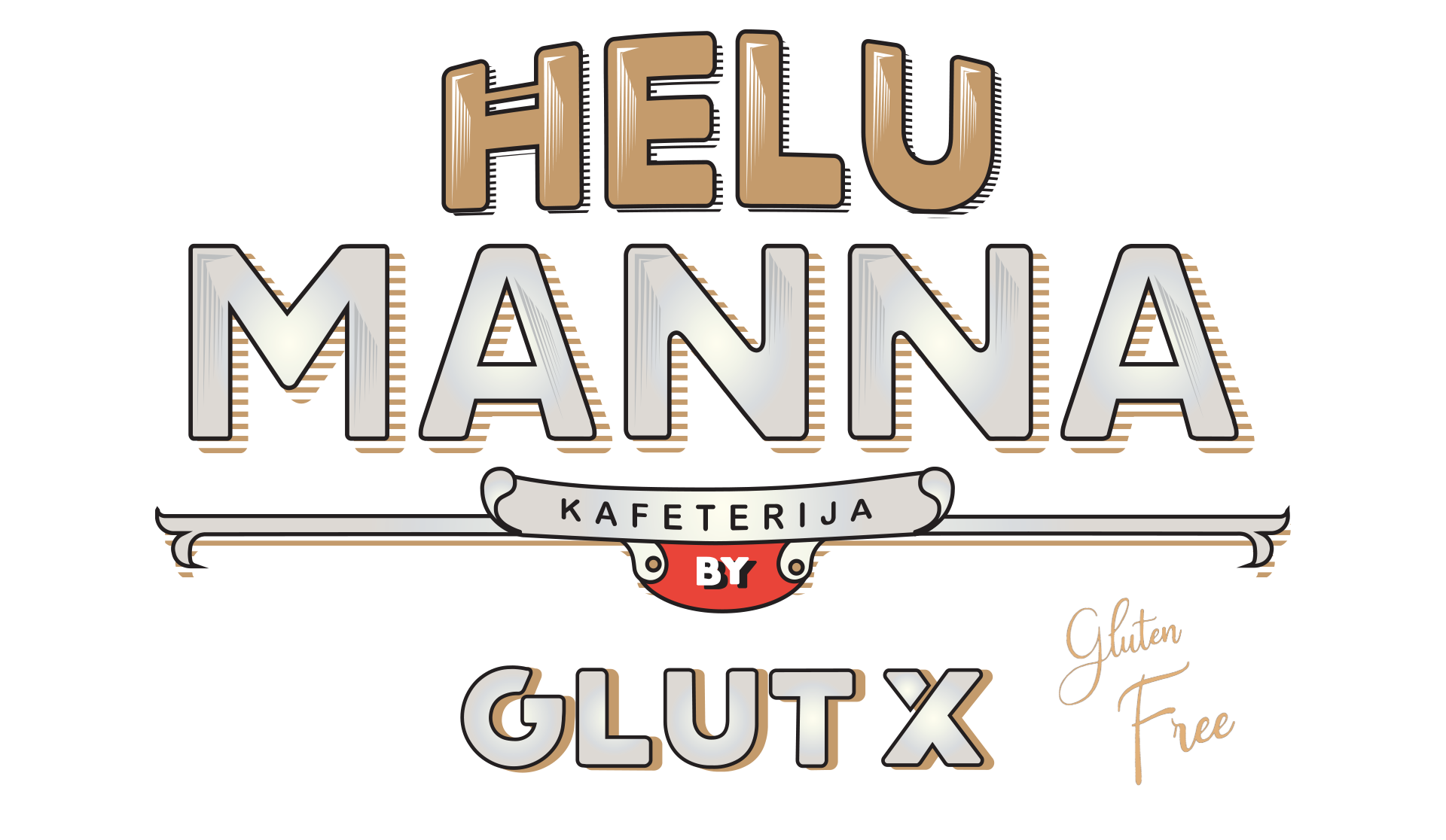
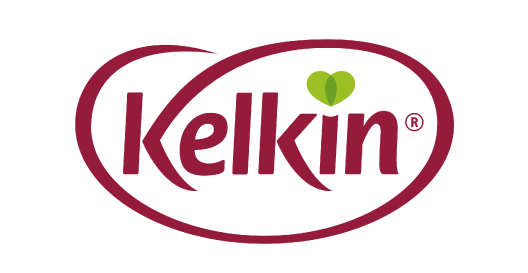
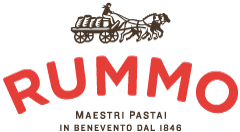
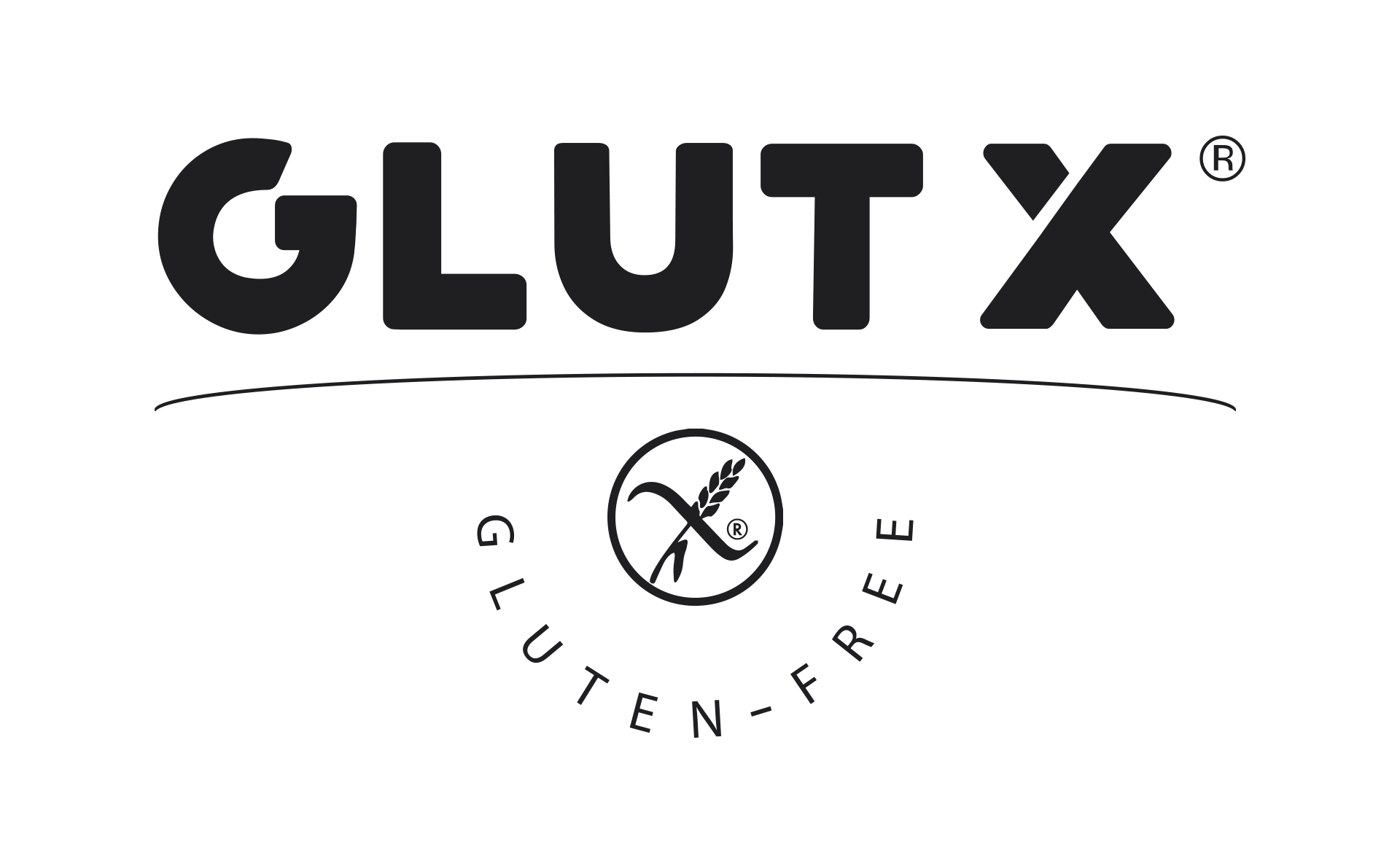
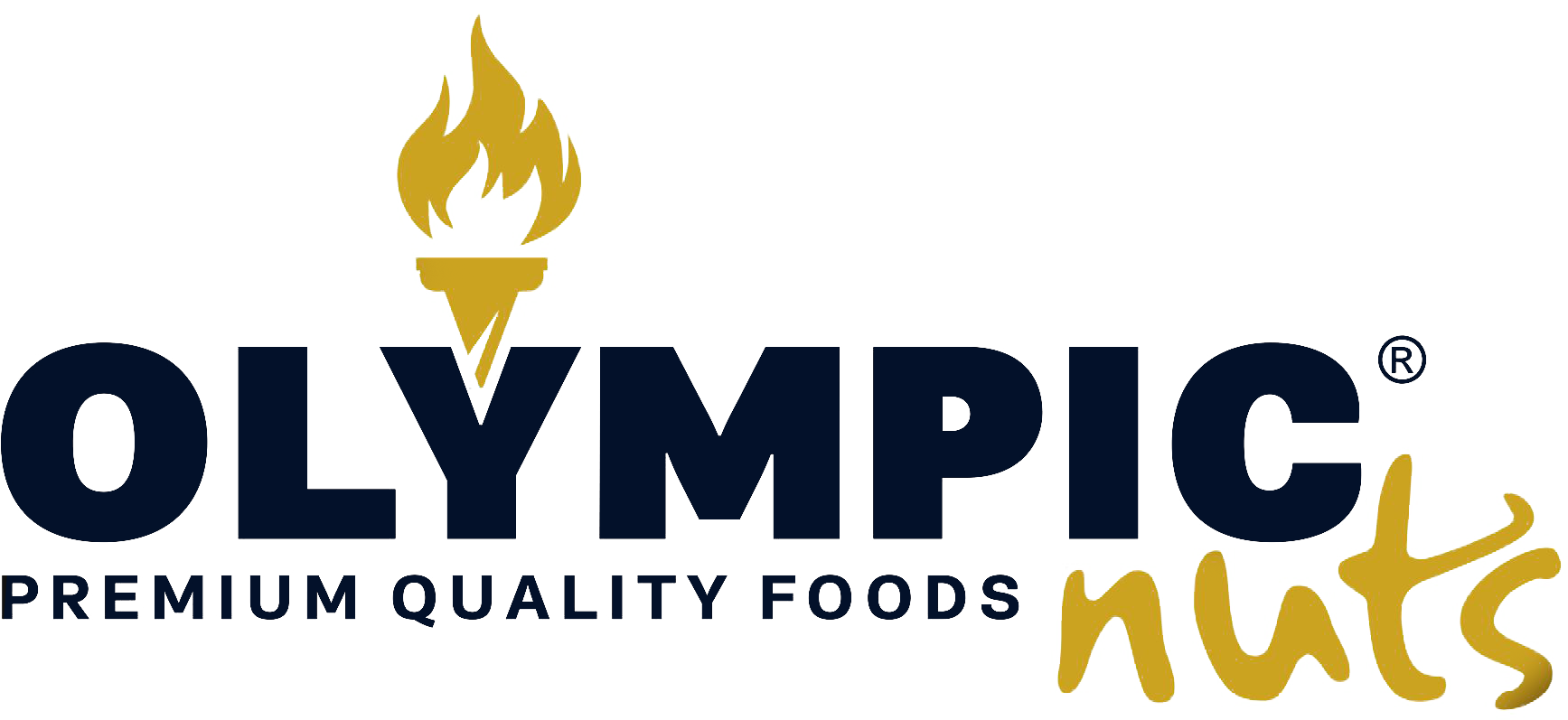

Lactose Free Sponsors
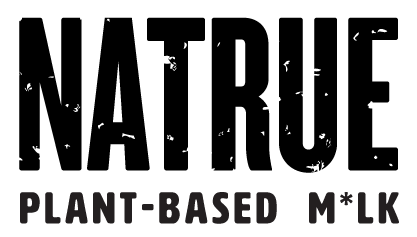
Also Gluten Free

Also Gluten Free
